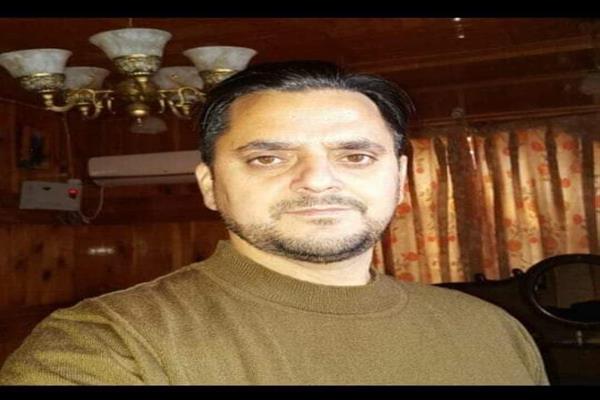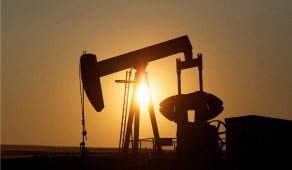New Delhi: The light transit metro train service in Srinagar and Jammu is expected to be ready by 2024, Union Minister Jitendra Singh said Saturday.
Singh said the metro project for the two cities would cost around Rs 10,599 crore.
The railway consultancy firm RITES Limited has submitted the final detailed project reports and the metro systems are expected to be completed by the end of 2024, he said, talking about the development initiatives being undertaken in Jammu and Kashmir after the abrogation of Article 370.
Once the projects are completed, Srinagar and Jammu will become the first two non-major cities in the country where the rapid transport network will be functional.
Singh, the Union minister for the PMO, said the significance of the projects can be understood from the fact that the first train to reach Jammu and Kashmir had taken more than two decades after Independence and the first railway station came up in Jammu only in the 1970s.
But the Modi government is moving quickly to introduce the metro train projects in a short span of time and it will be cost-effective and a sustainable public transport, he said.
Singh, who hails from Jammu and Kashmir, said the light metro transit system is proposed to run 17 hours a day throughout the year in Jammu, whereas in Srinagar, it will run 17 hours daily during summers but 14 hours during winters.
The minister said the metro rail lines will have only elevated corridors as the underground tunnels were not found feasible in Jammu and Kashmir.
The metro train service in Jammu will have its first corridor from Bantalab to Bari Brahmana and in Srinagar, it will be from Indira Nagar to HMT station, he said.
Singh said the elevated metro system will not only facilitate people but also have a positive impact on the economy and the quality of life.
According to the DPRs, he said, the metro coaches will be modern, lightweight and made from stainless steel and aluminium, with an air-conditioning system.
Singh also said it is a matter of pride that the highest railway bridge of the world is coming up on river Chenab in Reasi district and is likely to be completed next year.
He said Prime Minister Narendra Modi will be approached for the formal inauguration of this prestigious project. He said after some initial issues the work on railway line to connect the Kashmir valley is in full swing and it is expected that by 2022, Srinagar and other parts of the valley will be connected with the rest of India directly by trains. (PTI)

 File Photo of Agha Ashraf Ali
File Photo of Agha Ashraf Ali